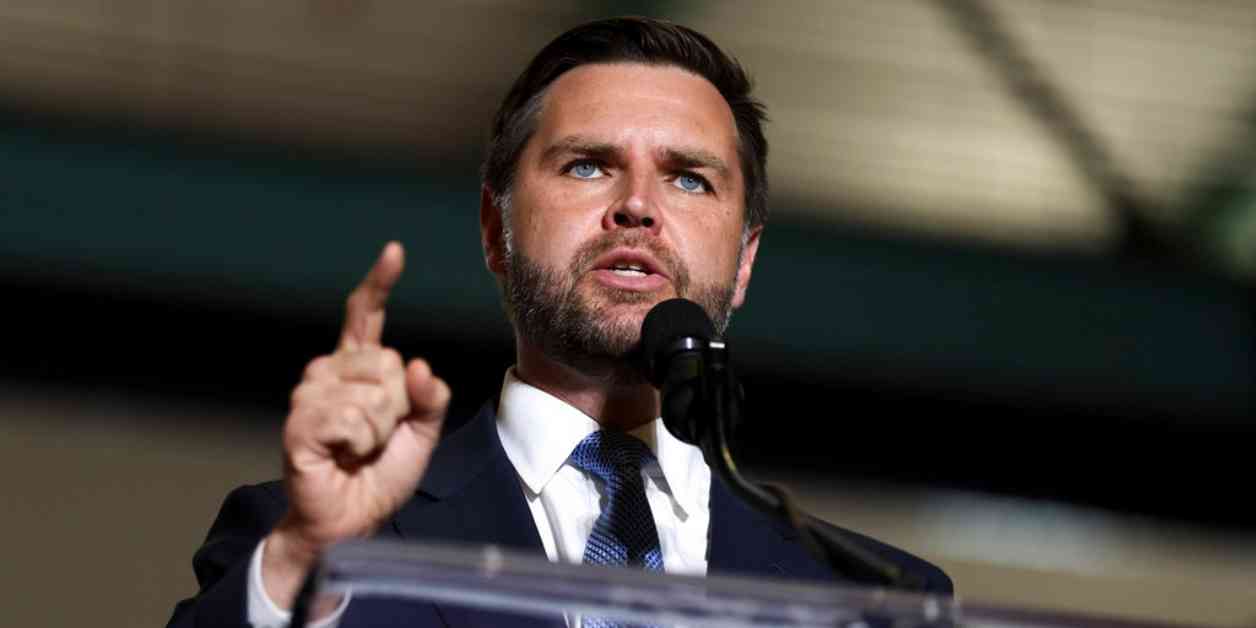Republican vice presidential candidate Sen. JD Vance criticized the plea deal taken by three terrorists involved in the Sept. 11 attacks. Vance expressed his outrage during a campaign speech in Glendale, Arizona, stating that the Biden-Harris Department of Justice’s decision to spare the terrorists from the death penalty was unacceptable. As someone who served in the Marines after 9/11, Vance emphasized the importance of holding terrorists accountable for their actions.
The Department of Defense announced that pretrial agreements were made with Khalid Shaikh Mohammad, Walid Muhammad Salih Mubarak Bin ‘Attash, and Mustafa Ahmed Adam al Hawsawi. This decision sparked condemnation from various leaders, including House Speaker Mike Johnson, who described it as a betrayal of the victims’ families who have been waiting for justice for over two decades.
The plea deals, which will spare the terrorists from facing the death penalty, have left the families of the victims deeply disappointed. The defendants are accused of providing support to the terrorists who carried out the attacks on 9/11, resulting in the deaths of nearly 3,000 people. The terms of the agreements were not disclosed, but it has been confirmed that the suspects will not face capital punishment.
In addition to criticizing the plea deal, Vance also highlighted other perceived weaknesses of the Biden-Harris administration. He referenced the recent re-election of Venezuelan President Nicolás Maduro, which has been marred by allegations of fraud. Vance argued that the administration’s willingness to engage with dictators and overlook election irregularities undermines American strength and values.
Vance’s strong stance against negotiating with terrorists and coddling dictators resonates with his call for a president who prioritizes national security and takes a tough stance against threats to the country. The implications of the plea deals extend beyond the legal realm, raising questions about the administration’s foreign policy decisions and commitment to upholding justice.
As the defendants await sentencing in Guantánamo Bay, the debate surrounding the plea deals underscores the complexities of balancing justice, national security, and diplomatic considerations. The aftermath of the 9/11 attacks continues to shape discussions on counterterrorism efforts and the pursuit of accountability for those responsible for the deadliest terror attack on U.S. soil.
The criticism from Vance and other leaders reflects a broader concern about the implications of negotiating with terrorists and the message it sends to adversaries around the world. The decision to spare the terrorists from the death penalty has reignited debates on how to address acts of terrorism while upholding the principles of justice and national security.




















